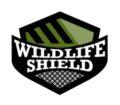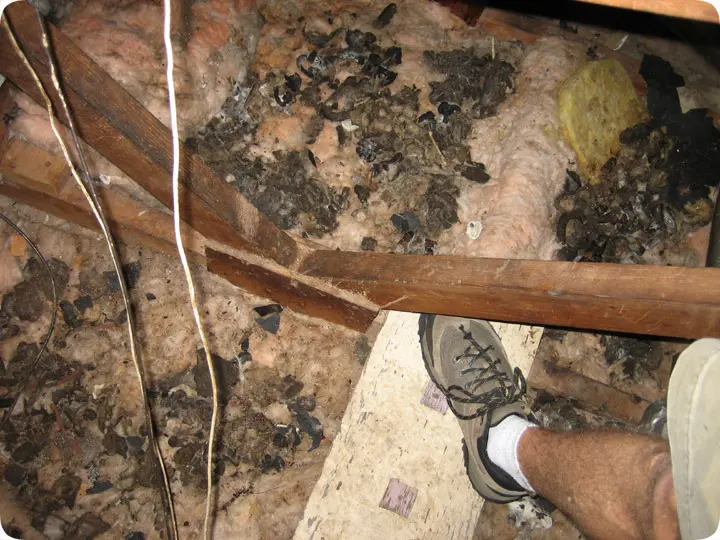Raccoon removal in Toronto is not complete without cleaning and disinfecting raccoon droppings and urine. These animals designate an area of the den to use as a bathroom known as raccoon latrine.
The animal’s feces are typically about 2-3 inches long and tube-shaped and look very similar to dog feces. The droppings often include undigested food remnants such as pieces of corn or berry seeds.
The biggest threat associated with raccoon latrine is the risk of contracting disease. The droppings carry a host of parasites and diseases including;
Gardia: An organism found in raccoon feces and can contaminate surfaces, water and soil. Humans are infected by ingesting the cysts. Symptoms of Gardia include dehydration, diarrhea, abdominal cramps and nausea.
Raccoon Roundworm: Also known as Baylisascaris procyonis is present in the animal’s intestines and passed on to its feces. Humans and pest may unknowingly ingest the roundworm eggs and become infected. Symptoms may include liver complications, loss of muscle control, blindness and fatigue.
Leptospirosis: Is a bacterial infection found in raccoon urine. Although not present in the animal’s feces, it is still necessary to be cautious of all potential disease-carrying excretions. Symptoms of the disease include diarrhea, aching muscles, jaundice, high fever and headache.
Hire a Raccoon Removal Expert to Clean Wildlife Feces
Wear protective gear if you must clean raccoon excrement on your own. Use disposable rubber gloves, disposable booties over your shoes and a N95-rated respirator. Lightly spray the latrine with clean water from a spray bottle to avoid stirring up debris and dust from dried feces.
Household detergents may not be enough to kill parasites and diseases left behind by the wildlife. Some of these diseases can be inhaled or spread to the rest of the house through contaminated shoes or clothing. It is best to let a raccoon removal expert in Toronto clean and disinfect after wildlife removal. The expert will also repair damage such as torn insulation and raccoon-proof your house to prevent a similar problem in future.

